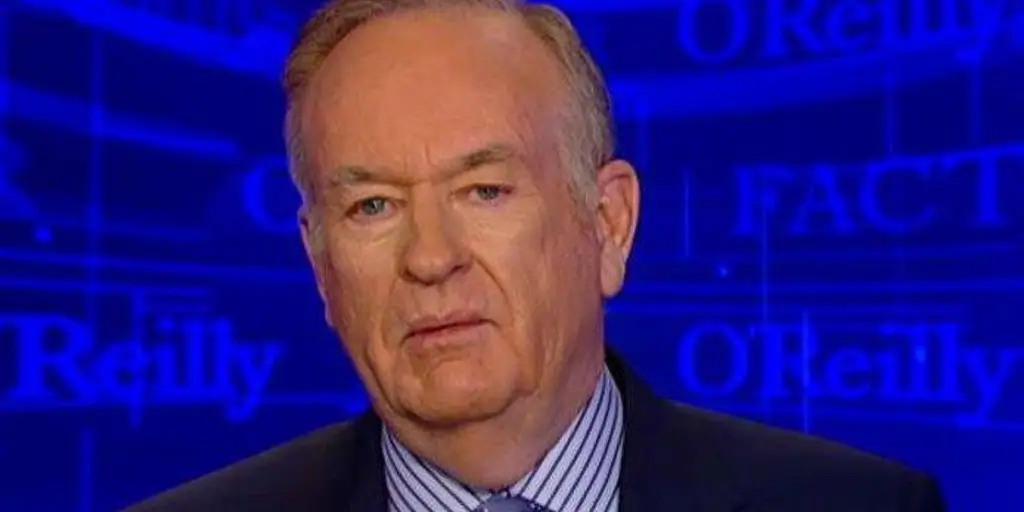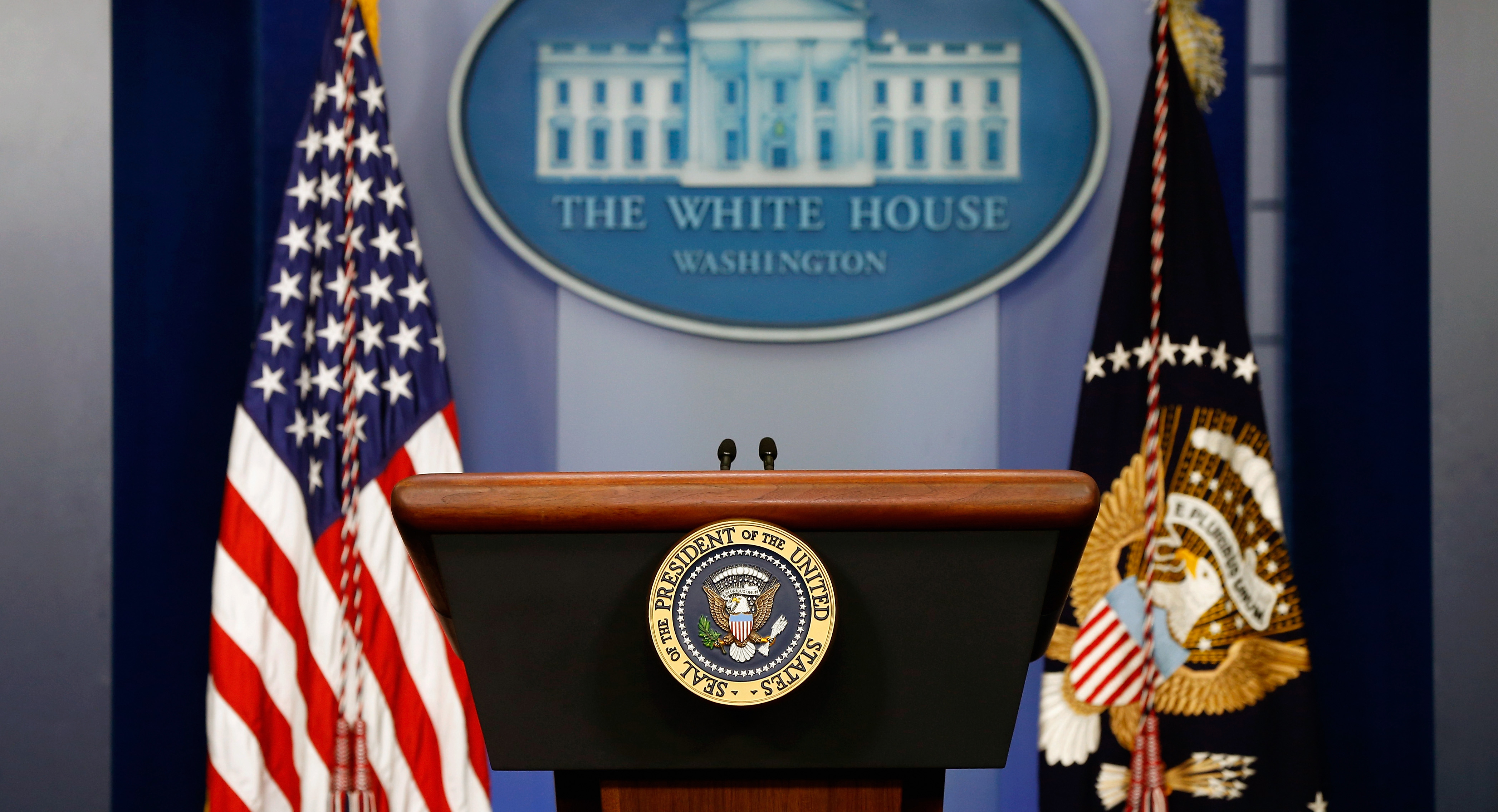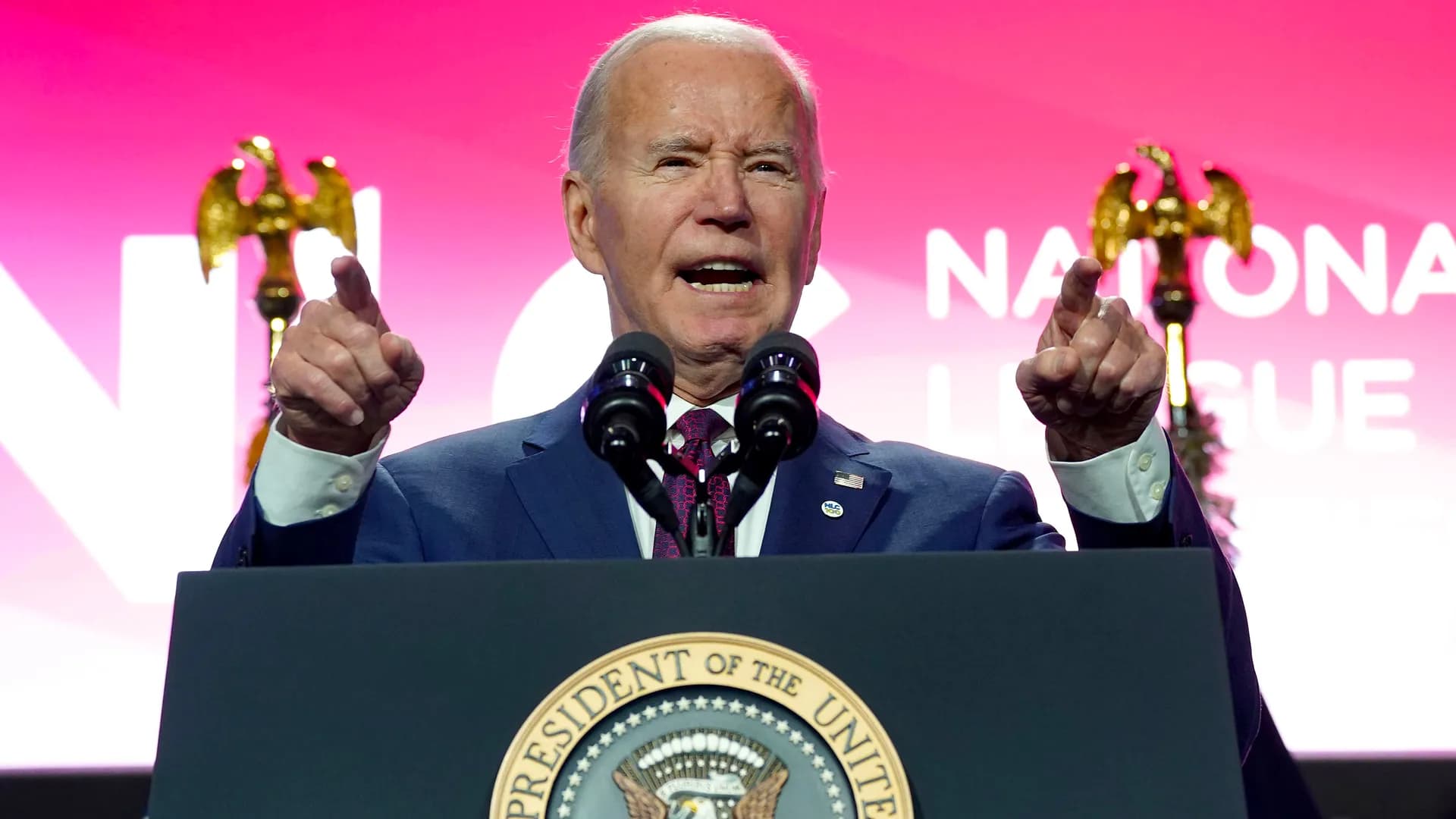Massive Spending Plans Leave Vulnerable Americans Behind
The Biden administration"s fiscal year 2023 budget, a staggering $6 trillion proposal, is being hailed by some as a necessary investment in the future. However, a closer examination reveals a troubling trend: while funds are allocated for infrastructure and education, the most vulnerable populations still find themselves overlooked. As reported by the White House, the budget purports to create a more equitable society, yet the lack of direct support for low-income families and marginalized communities suggests otherwise.
Corporate Tax Loopholes Remain Unaddressed
Despite significant reforms aimed at taxation, the budget continues to cater to corporate interests at the expense of American workers. According to the GAO"s Performance and Accountability Report, the loopholes that allow major corporations to evade taxes remain largely intact. This is a stark reminder that while the administration touts investment in public health and education, it simultaneously fails to hold corporations accountable for their financial responsibilities.

What happened at the congressional hearings? | Fox News Video
Public Health Funding Falls Short
The COVID-19 pandemic exposed critical weaknesses in our public health system, yet the proposed budget does not allocate nearly enough resources to ensure long-term preparedness. The Executive Summary of the Fiscal Year 2023 Financial Report highlights a need for robust public health investments, yet the funds directed towards this crucial area remain insufficient. As reported by the Treasury Department, without substantial investment, the nation remains vulnerable to future health crises.
Food Security Initiatives Lack Urgency
Food insecurity continues to plague millions of Americans, yet the Biden administration"s budget does not respond with the urgency that the crisis demands. The U.S. Agricultural Policy Review indicates a concerning stagnation in federal policies aimed at addressing food and nutrition assistance. As outlined in the report from the Economic Research Service, the lack of comprehensive food security initiatives reflects a broader neglect for the socioeconomic challenges faced by the most vulnerable families across the country.

Daily White House press briefing to stay in the West Wing ...
Long-Term Impacts of Fiscal Policies
The long-term implications of these budgetary choices could be dire for the American workforce. With a growing wealth gap and insufficient investments in critical areas, the consequences of inaction will deepen economic divides. The Long-Term Budget Outlook predicts that without significant reforms, the fiscal health of the nation will deteriorate, further marginalizing those already at risk.

![[Video] Anti-ICE Protester Pepper Sprayed as CBP Agents Disperse Crowd in Minneapolis](/_next/image?url=%2Fapi%2Fimage%2Fthumbnails%2Fthumbnail-1768260677127-y71sb7-thumbnail.jpg&w=3840&q=75)

![[Video] Several injured as U-Haul truck drives through Iranian protestors in Los Angeles](/_next/image?url=%2Fapi%2Fimage%2Fthumbnails%2Fthumbnail-1768176682028-q95y6j-thumbnail.jpg&w=3840&q=75)
![[Video] Scuffle breaks out between Trump supporters and Anti-ICE protesters in Times Square](/_next/image?url=%2Fapi%2Fimage%2Fthumbnails%2Fthumbnail-1768165958203-hgcgb-thumbnail.jpg&w=3840&q=75)


![[Video] Gunfire between Iraqi security forces and Sadr militias in Baghdad](/_next/image?url=%2Fapi%2Fimage%2Fthumbnails%2Fthumbnail-1768343508874-4redb-thumbnail.jpg&w=3840&q=75)
